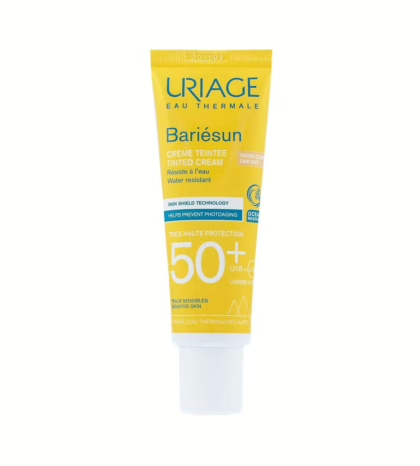Vitamin D (the sunshine vitamin) captured everyone’s attention last year due to its role in strengthening our immune, but are its benefits limited to this role?
Our bodies need vitamin D to build and maintain strong and healthy bones because it helps in calcium absorption. It also regulates many other vital activities and aids in the maintenance of a healthy immune system and muscular performance. It also has anti-inflammatory, antioxidant, and nerve-protective properties.
Studies show that it can help prevent and reduce the risk of certain diseases, such as:
Our bodies produce vitamin D, after exposure to direct sunshine, it depends on many factors, including the time of day, season, where you live, and the color of your skin pigment.
Some people, such as those who wear clothes that cover most of their skin when outside or those with dark skin, cannot produce enough from sunshine due to inadequate sunlight exposure.
It is also not naturally available in many foods; however, you can get it from:
Breast milk does not usually provide all the amount that babies need, therefore
High intakes can cause multiple harms. All of those who take more than 4,000 IU per day may experience:
If you notice any of these symptoms, go to the hospital immediately











